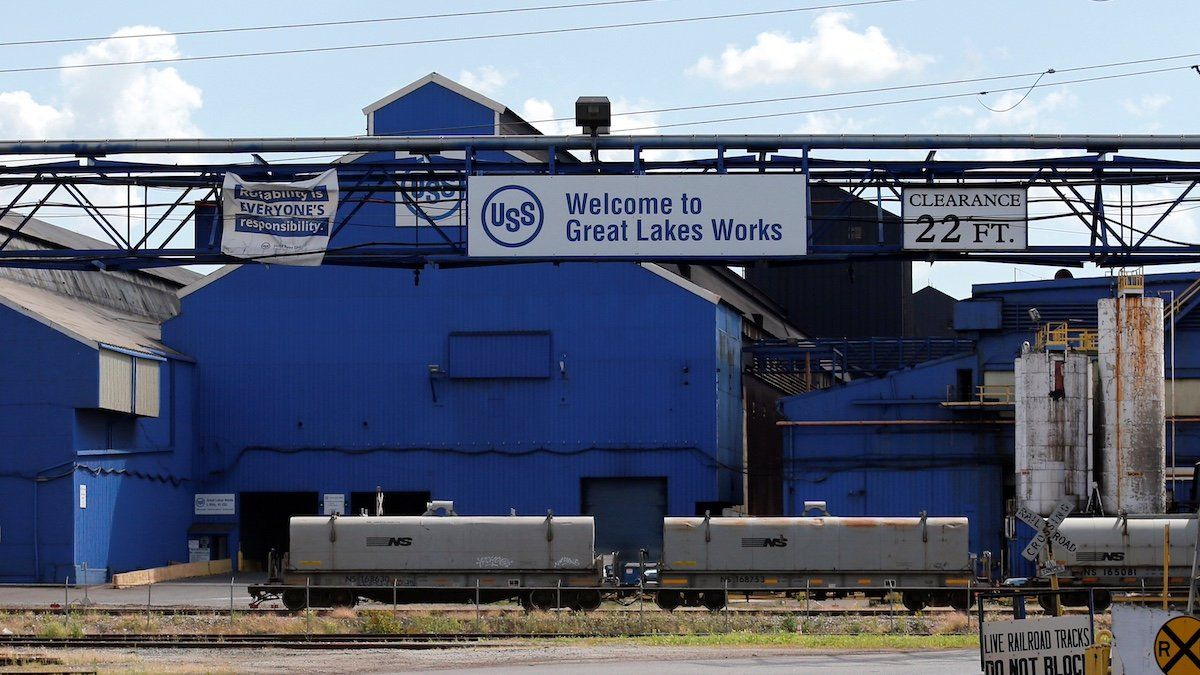The Global Business Alliance, a group of multinational corporations, is urging the Biden administration to keep politics out of any national security review of Nippon Steel’s offer to buy U.S. Steel — but politics is precisely the problem.
The deal: Japan’s largest steel producer is offering over $14 billion to buy U.S. Steel, and on paper, it shouldn’t be a particularly painful process. The offer is a nice premium over where U.S. Steel’s stock is currently trading, and as Japan is among the US’ closest allies, under normal circumstances, government oversight would be only routine. So why did Nippon Steel have an executive in Washington last week to meet with concerned lawmakers?
Because this is 2024. U.S. Steel owns major plants in Michigan and Pennsylvania, two states US President Joe Biden must win in November to secure re-election – and the United Steelworkers union is mad enough to spit. Neither U.S. Steel nor Nippon Steel consulted the union as the deal was being negotiated, and union leadership is hammering management for selling out to a foreign-owned company.
So rather than a swift approval, Biden (and, it should be said, a bipartisan group of lawmakers) has expressed support for a review through the Committee on Foreign Investment in the United States, an agency set up to safeguard national security in major deals by foreign-owned corporations.
And, gosh, who knows how long that could take? GZERO’s crystal ball keeps pointing to a resolution sometime after Tuesday, Nov. 5.
